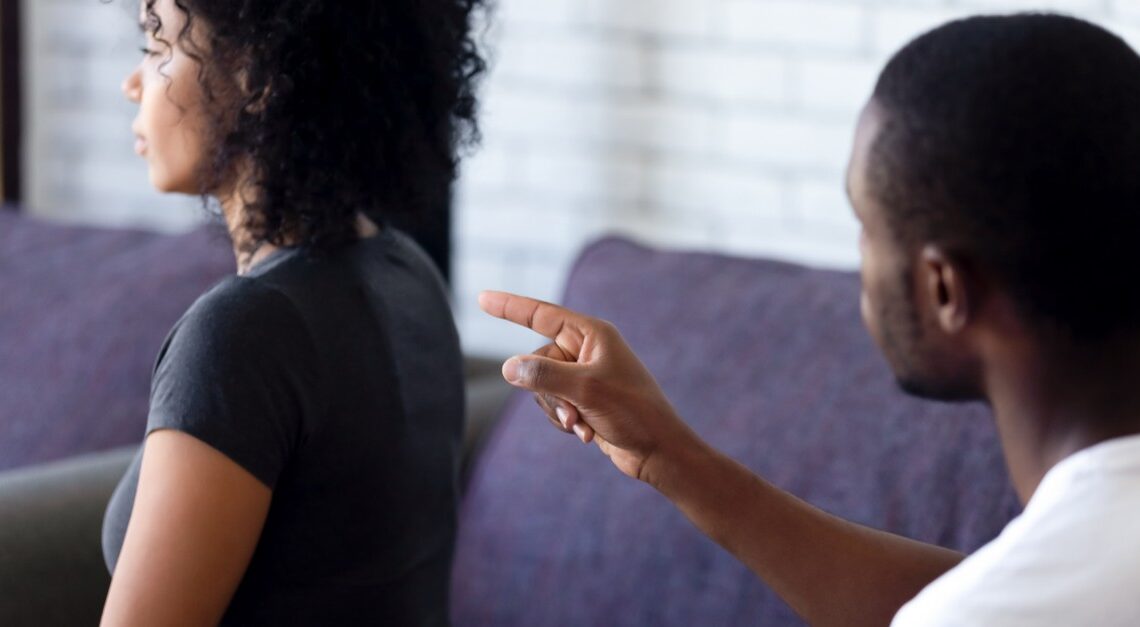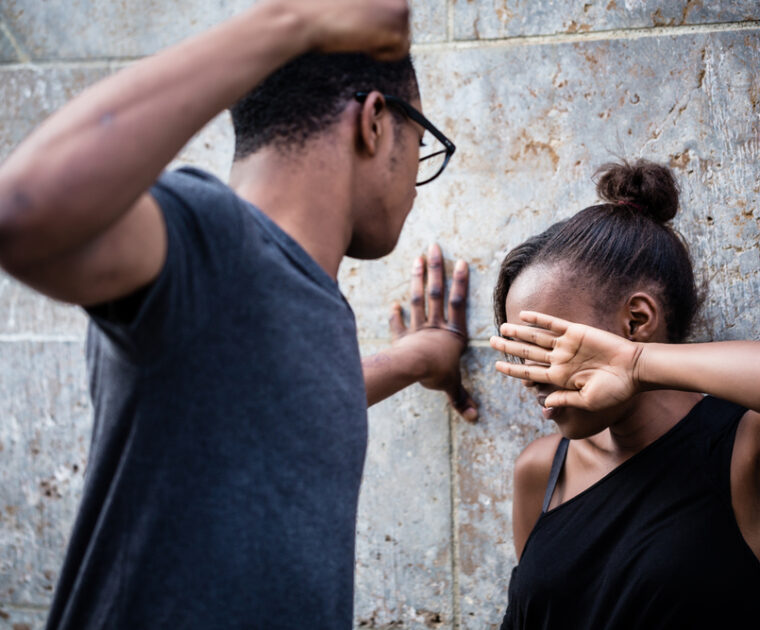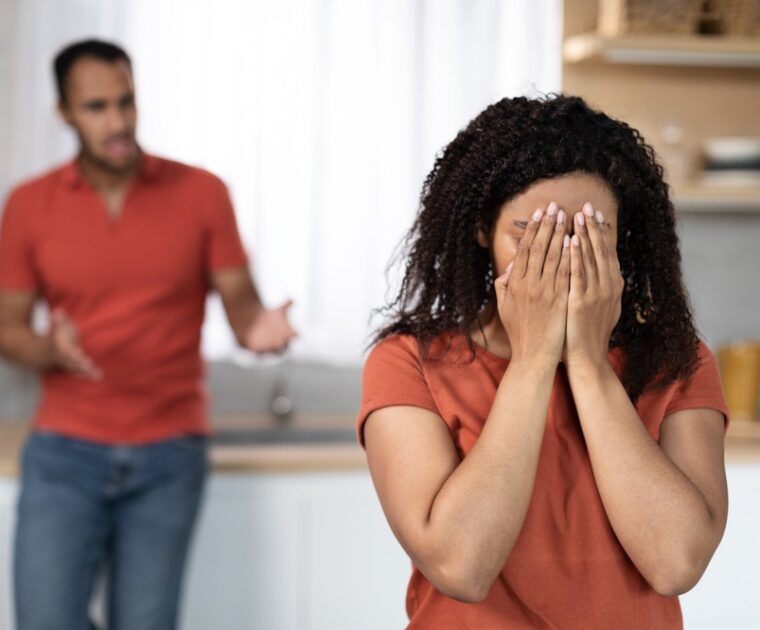Accountability for Abusive Partners

When an individual experiences domestic violence, the nearest persons around will claim they are offering support to the victim-survivor of abuse. However, when the abuser is a friend or a family member, several explanations and justifications can result in victim blame, or the victim will hide the situation for fear of responsibility. A scenario that researchers have shown does not happen if they do not know the people involved personally.
It takes a lot for a victim of domestic abuse to come forward with their story. Often, it is because of the fear of unbelief, taken seriously, or ridiculed- the fear of becoming a subject of gossip and unfair judgment. Sometimes, the situation becomes complicated by the person’s circumstances and the nature of the story, resulting in a lot of effort, deliberation, time, and conviction for the victim to take the first step.
Upon crossing the first hurdle of starting the journey of escape, the victim often confronts other forms of challenges, including systemic abuse. It is a known fact that there is a history of irregular actions in the criminal justice system, which can deter the victim from seeking help. There are cases of women who sought help from the criminal justice system and ended up losing their lives because the system worked against them.
Such stories and cases often influence the victim’s resolve to either seek help or endure the abuse for a long time. More often than not, the person affected by abuse can choose to have the abuser removed from their life rather than through the criminal justice system.
Invariably, individual differences always play a role in choosing the coping method employed to handle the situation and respected by the support group of family, friends, and professional help, especially during the therapy. Support can come in various forms, from something as simple as listening, believing, being there, and explaining to other people when they need to. It can take the form of physical, spiritual, or psychological support. Still, whatever form it takes, it is a much-needed help confirmed by Angelina Rosado, the Director of the Returning Hope Organization, dedicated to empowering survivors and educating the next generation. She shared some experiences over the years working with people in the system.
During the virtual town hall discussions organized by the Mayor’s Office to End Domestic and Gender-Based Violence, she shares some of the feelings experienced by victim-survivors.
According to her, some of the victim-survivors feel traumatized going through the system when seeking help. They feel shut down and can develop depression while going through the motions. Besides dealing with the abuse from home, there are also abusers in the system. Sometimes, the workers – social workers, the house workers, treat the victims without respect.
She recollected taking action and saying,” …No enough is enough. Who in God’s name do I talk to about this because this idea is not acceptable? I remember going to the shelter director and speaking to her. I sat down with her. I didn’t even know it was allowed. I never knew much about the shelter system. But I knew that what was happening wasn’t okay, and someone had to speak up to it. I learned a whole bunch of things from this woman. I learned that many of them are adequately trained; needless to say, they did not like that. Abusers do not like being called out. They don’t appreciate you telling them that what they are doing is wrong.”
However, it proved that what is required to support survivors of domestic, sexual, or emotional abuse is to keep their abusers accountable for their actions, regardless of who they are, including friends. Sometimes, being faced with the reality that a close or distant friend could harm a person is hard to believe and incapacitating. It could even be a partner, classmate, or workmate. They could be another person’s abuser, which is hard to cope with, but focusing on one’s reactions rather than thinking about the survivor’s emotions about the abuse is unjust to the survivor and the abuser who, if left unaccountable, will continue in their ways.
These were some of the explanations given by Hailey Nolasco, MPA, an advocate for criminal justice reform in the NYC Crisis Management System. Nolasco is presently working with the Center for Court Innovation, an organization that helps the court and communities respond creatively and effectively to domestic violence issues, sexual assault, among others.
She shared how they have learned from research and used those findings to provide community-based, research-based support to various communities across the country. They aim to enhance responses to domestic violence.
Part of the work is done through the support of the U.S. Department of Justice’s Office, Violence Against Women, which is to use hands-on training and assistance, rejecting a one-size-fits-all approach in supporting victims and the abusers. The organization addresses domestic violence issues through training, services, and intervention for abusive partners who are not involved in the criminal justice system.
“The project focuses on creating community solutions to intimate partner violence, improving law enforcement responses to emotionally disturbed abusers without recourse to the criminal justice system,” she said.
While keeping abusers accountable is important and can be achieved in many different ways, ultimately, the goal is to support the survivor, whichever way they feel most comfortable to explore. Several organizations are working to provide the victim-survivor the necessary support they need to go through the journey.
The person should not be left with the sole decision to keep their abusers accountable. Despite the failings of the criminal justice system, they should know of the various options.
With the option not to use the criminal justice system to hold the abuser accountable, the victim-survivor requires a lot of support from people to bring healing, finding other means of holding their abuser accountable. In this approach, it is essential to ask the survivor what they want, ask them to explain their feelings and expectations, and always avoid insisting on an option that works for you but not for them.
According to Angelina Rosado, it is essential to remember that “Domestic Violence doesn’t have a gender attached to it. It doesn’t have a race attached to it. I’m (we are) fighting a big monster with several different faces attached to it.”





Leave a Reply